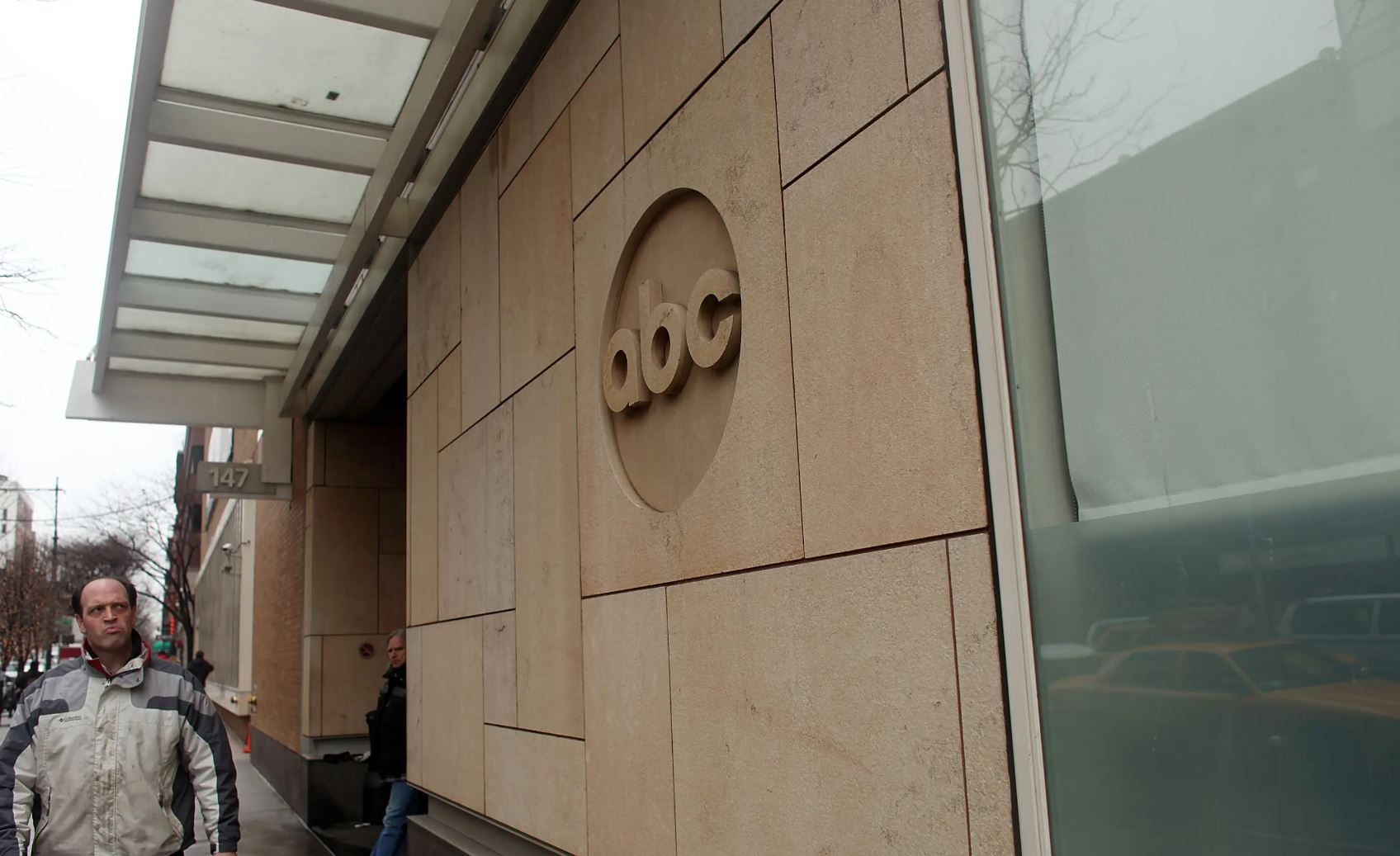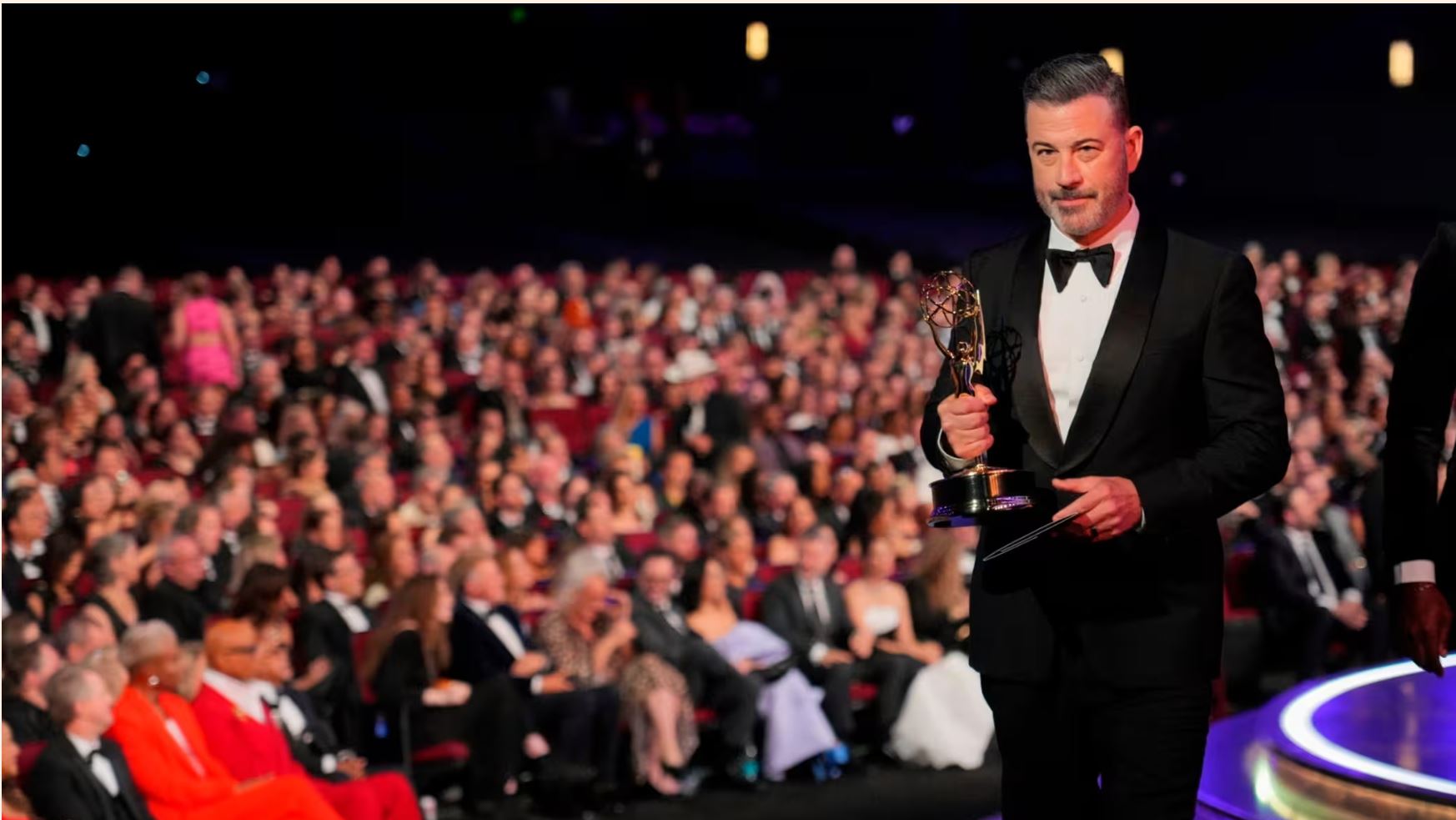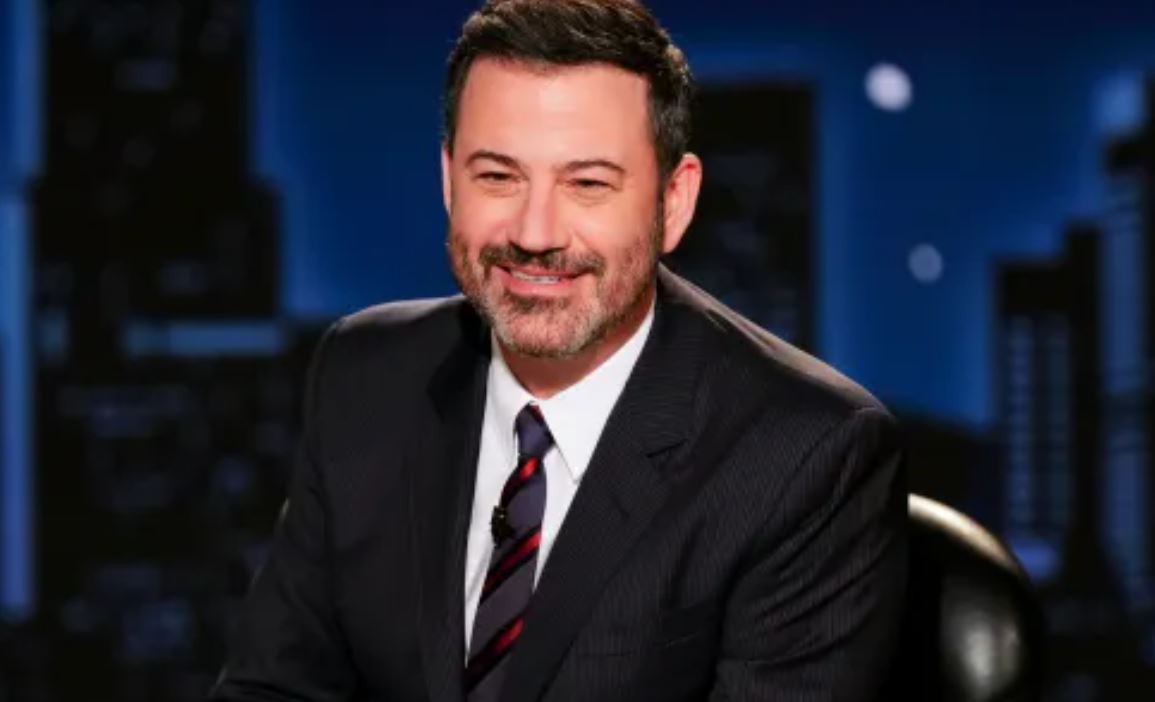The indefinite suspension of Jimmy Kimmel Live! has ignited a firestorm of debate in Hollywood, Washington, and across social media, as supporters rally behind the late-night host and critics argue that networks must be held accountable for controversial on-air statements.
The decision by ABC to pull Kimmel’s long-running late-night program followed backlash over his monologues on the death of conservative activist Charlie Kirk. In a series of remarks, Kimmel accused Trump allies of “working very hard to capitalize on the murder of Charlie Kirk,” a statement that critics, including Federal Communications Commission (FCC) Chair Brendan Carr, labeled misleading and politically charged.

Several ABC affiliates, particularly those owned by Nexstar Media Group, opted to stop airing the program even before ABC made the suspension official. The rare move left one of network television’s most recognizable late-night voices suddenly sidelined.
The fallout has been swift. Across the entertainment industry, celebrities and colleagues rushed to Kimmel’s defense, framing the suspension as an alarming threat to free expression. Actor Mark Ruffalo blasted the decision, warning that “free speech is under attack.” Pedro Pascal said he was “shocked, saddened, and infuriated” by ABC’s move, while fellow late-night host Stephen Colbert described the network’s action as “blatant censorship.” Writers, comedians, and musicians have echoed the sentiment, many of them pointing out that political satire has long been a pillar of late-night television.

At the heart of the controversy is a broader clash between free speech protections and the responsibilities of broadcasters in a polarized political climate. Supporters of Kimmel argue that satire and criticism of public figures are integral to democracy and that disciplining comedians sets a chilling precedent. Critics counter that networks have an obligation to avoid spreading claims that could misinform audiences, especially on sensitive political issues.
The suspension also highlights growing concerns about political influence in media. With the FCC chair weighing in and affiliates making independent programming choices, industry watchers warn of a slippery slope where regulatory and corporate pressures could increasingly dictate what can be said on air.
As of now, ABC has not announced whether or when Jimmy Kimmel Live! will return. Kimmel has remained largely silent beyond his on-air remarks, while ABC faces mounting scrutiny from both free-speech advocates and critics demanding accountability.
What began as a late-night joke has now escalated into a national flashpoint over politics, media, and freedom of expression — with no clear resolution in sight.







